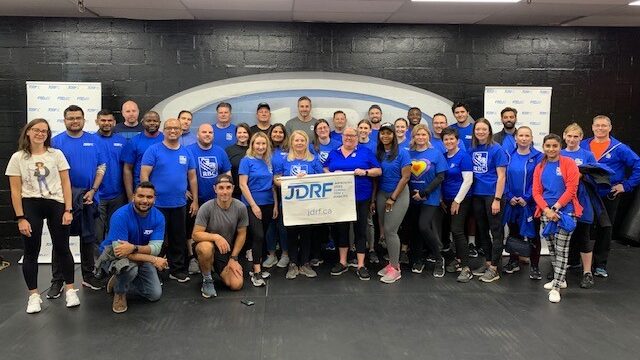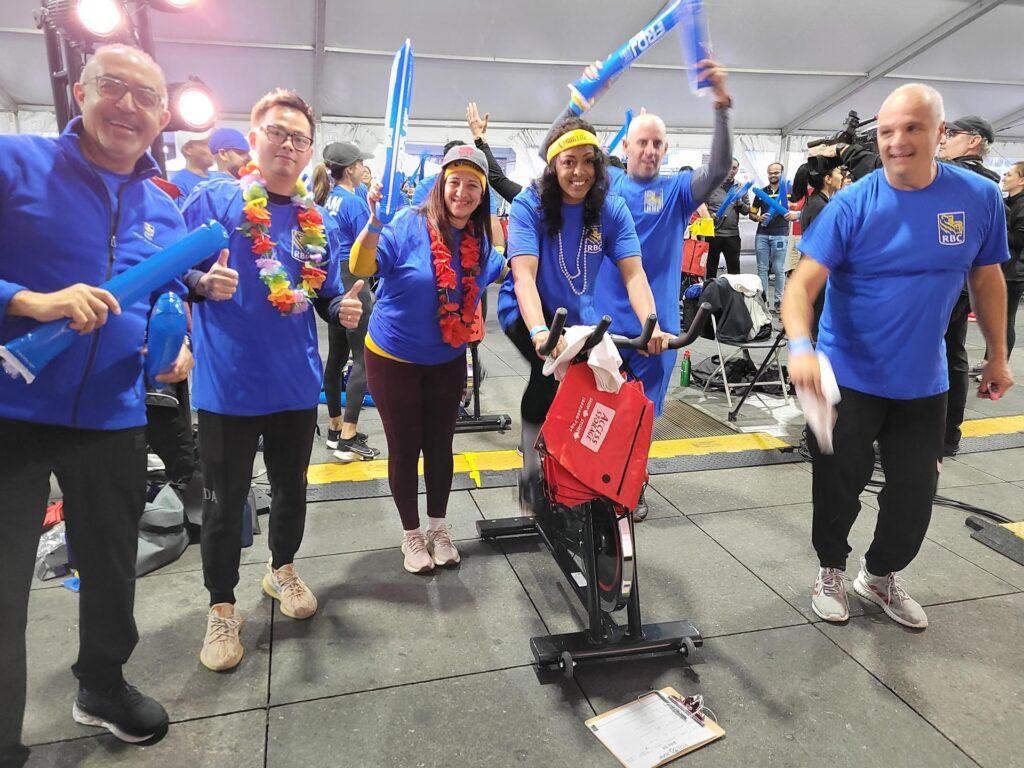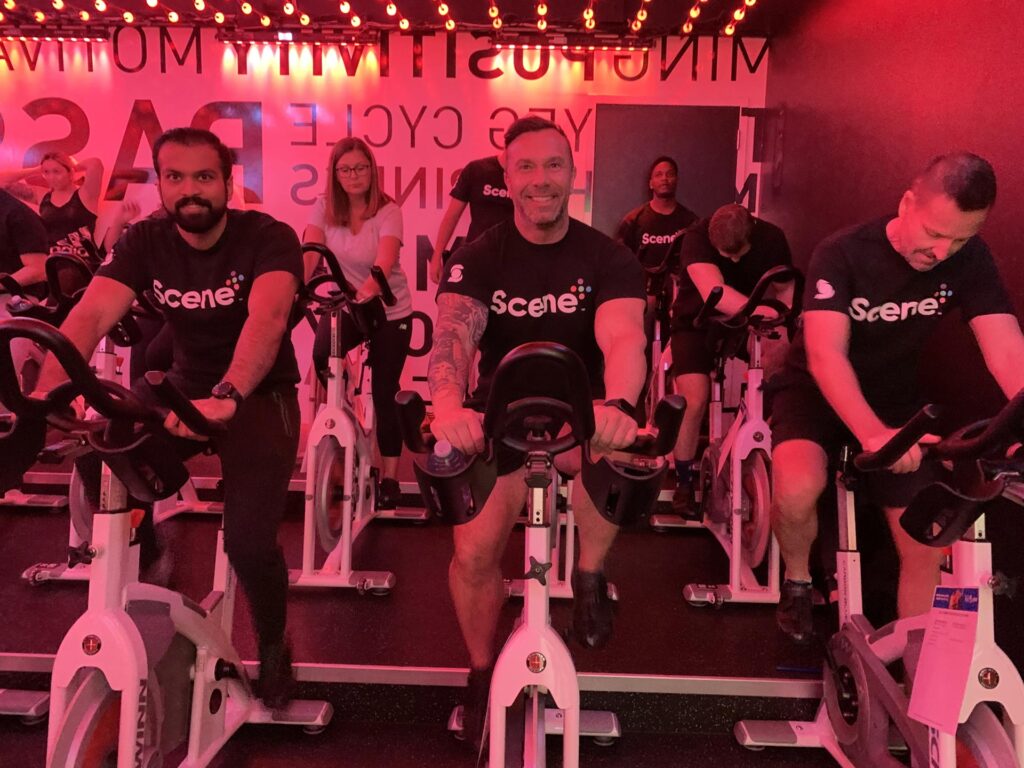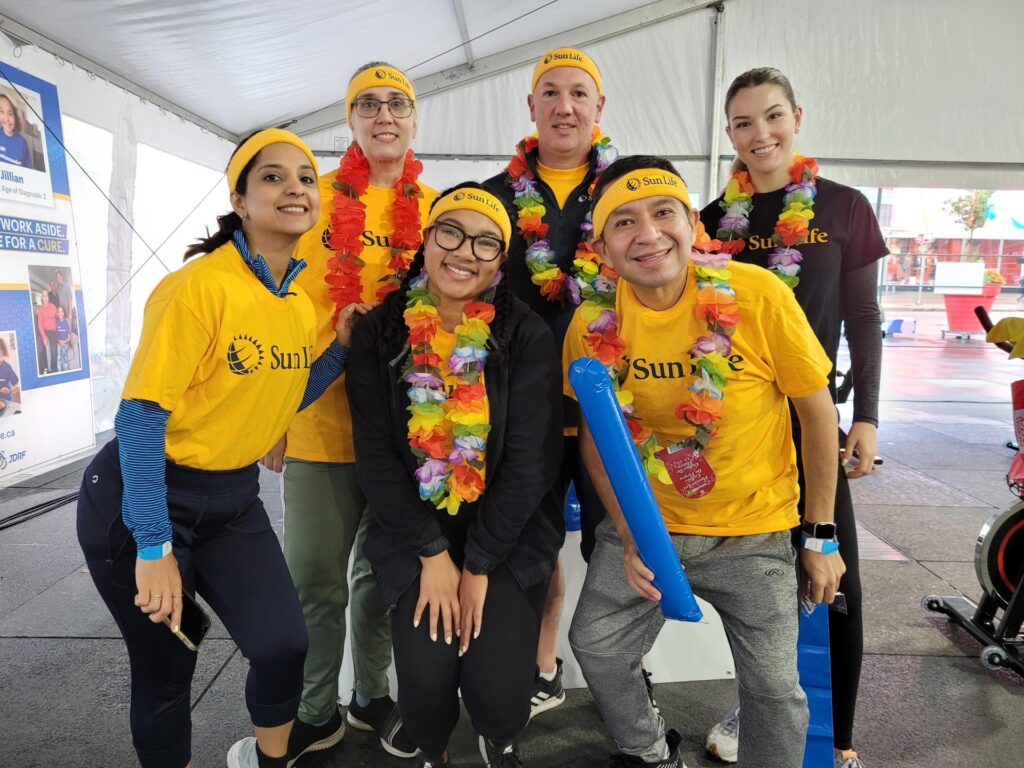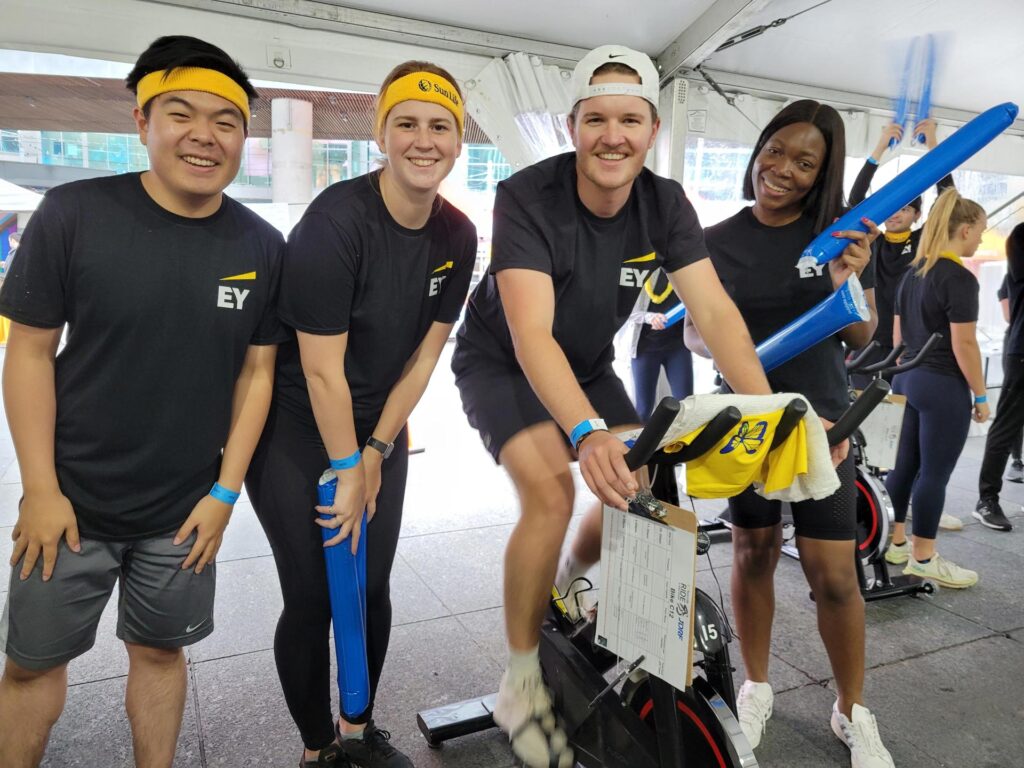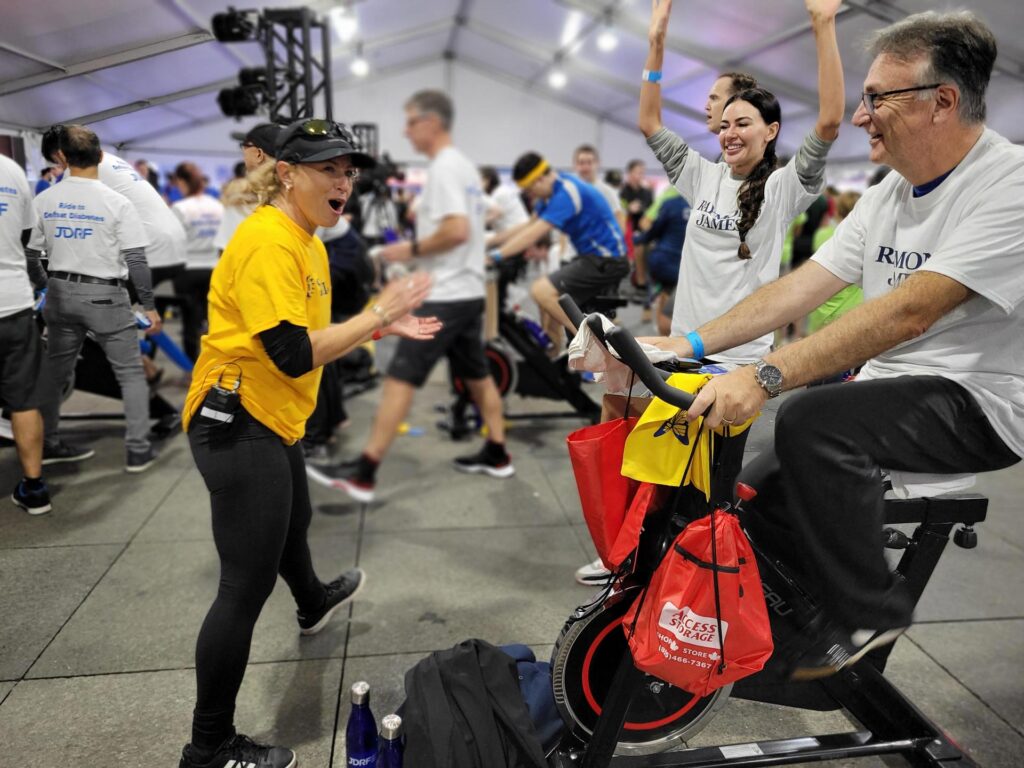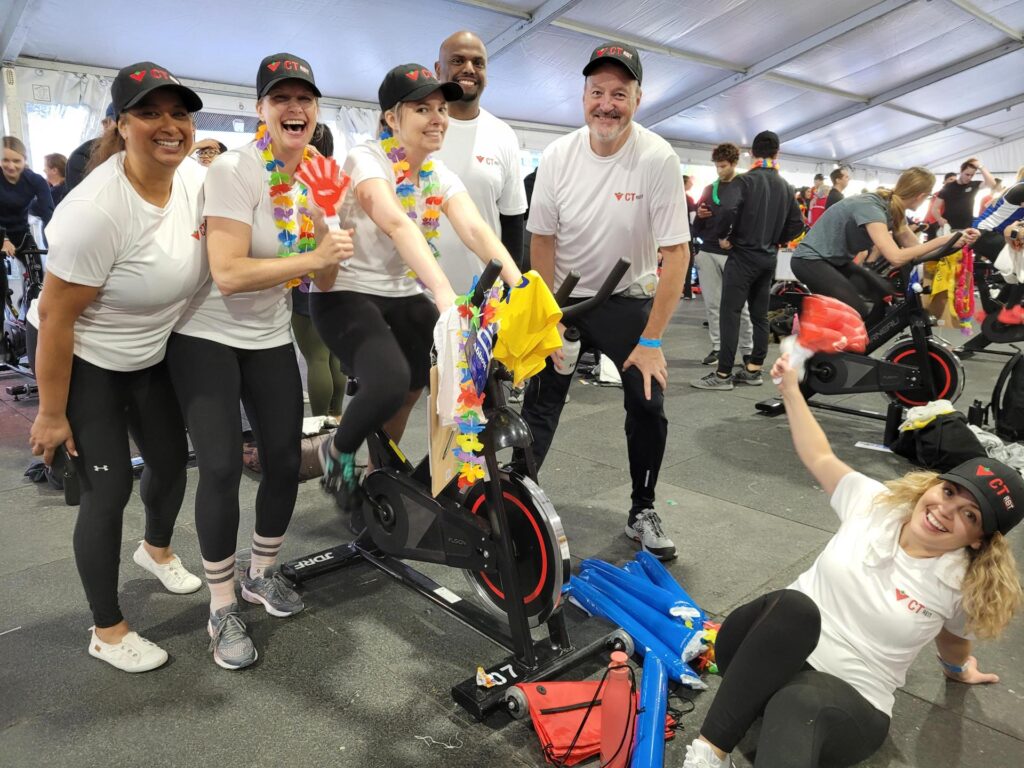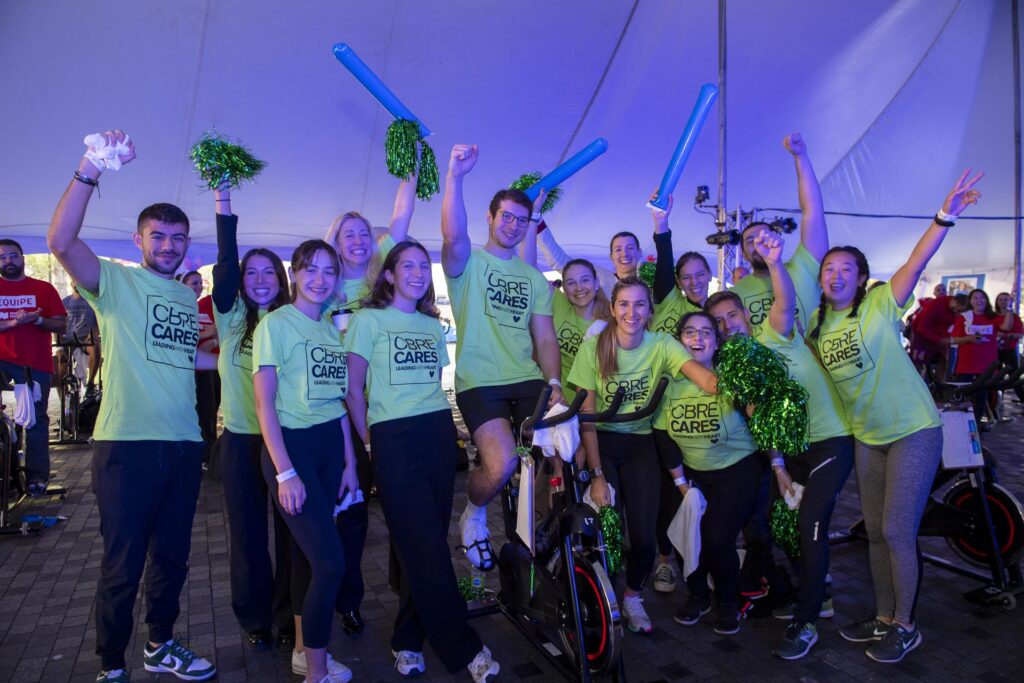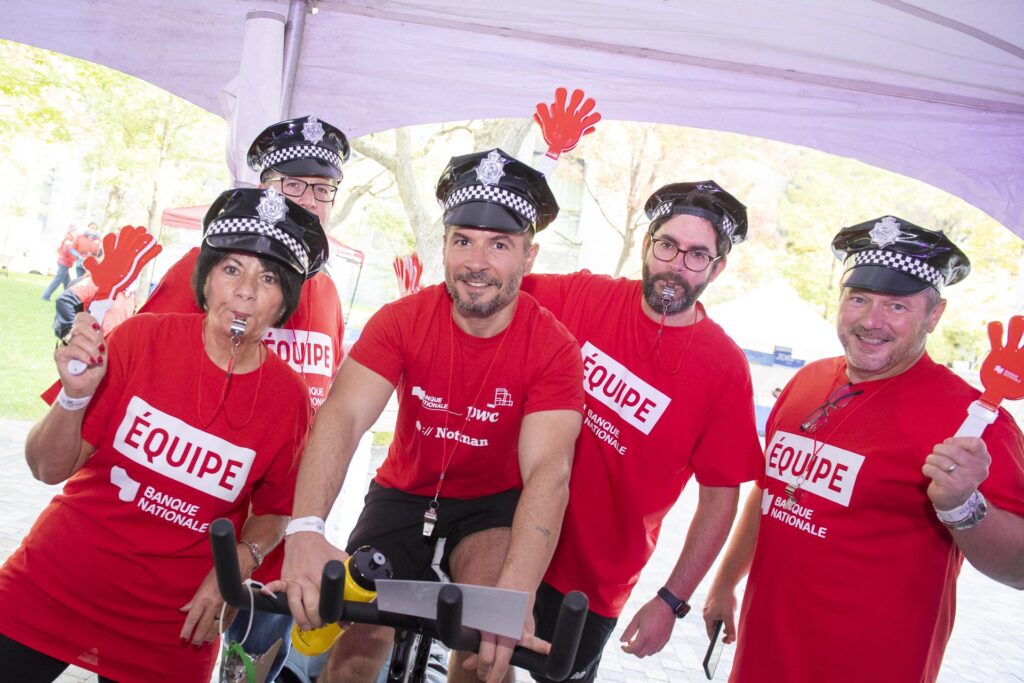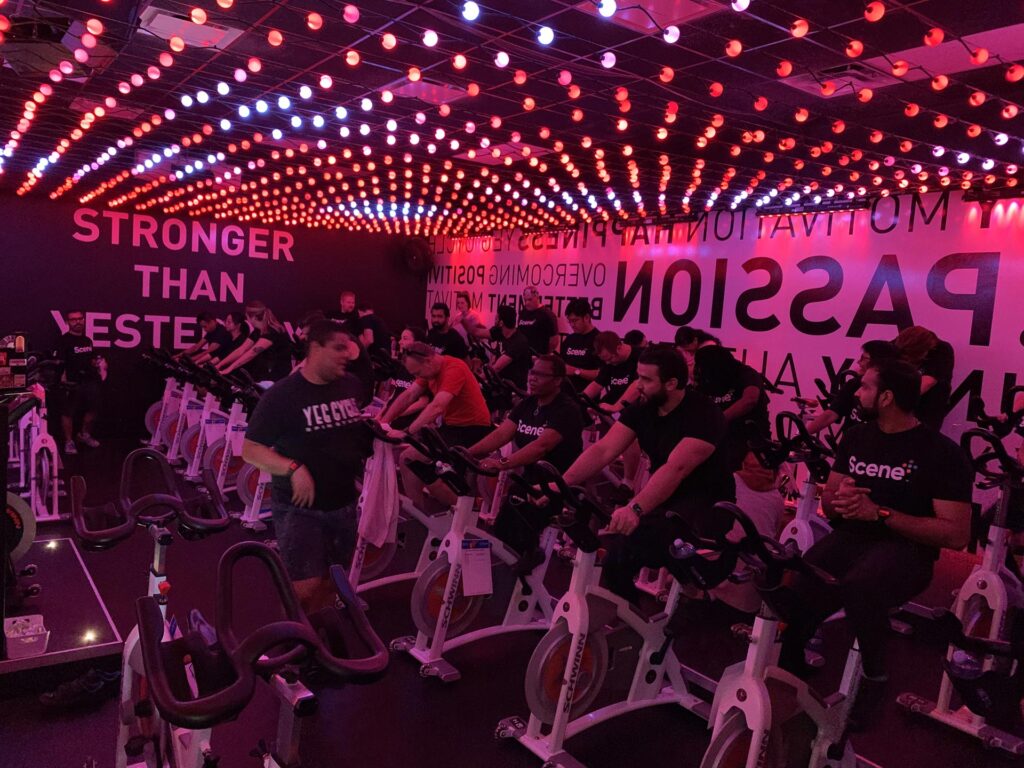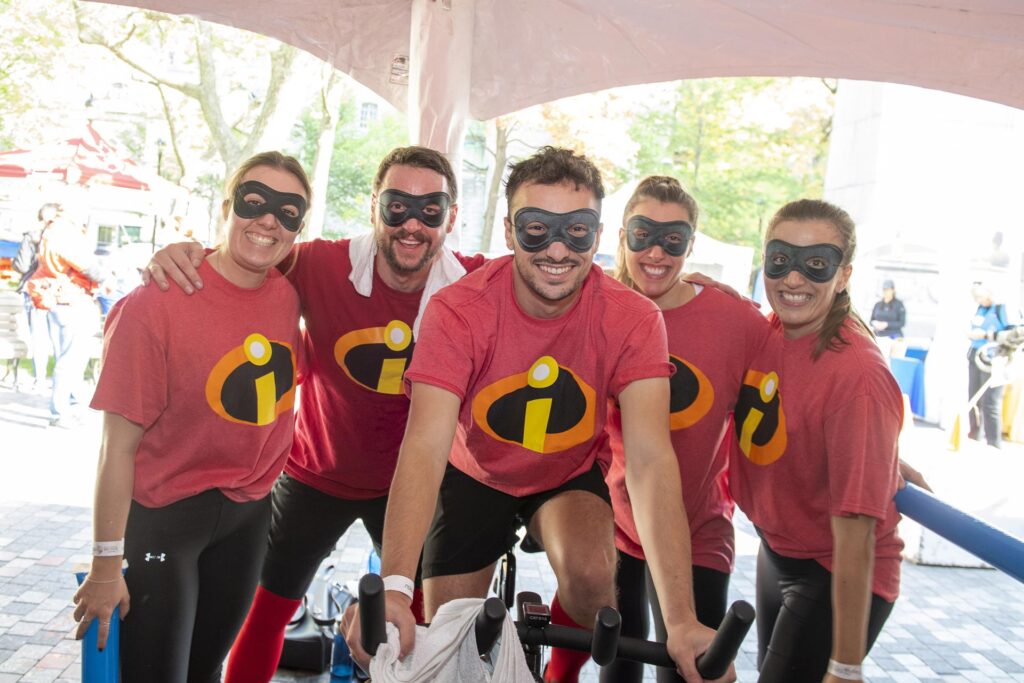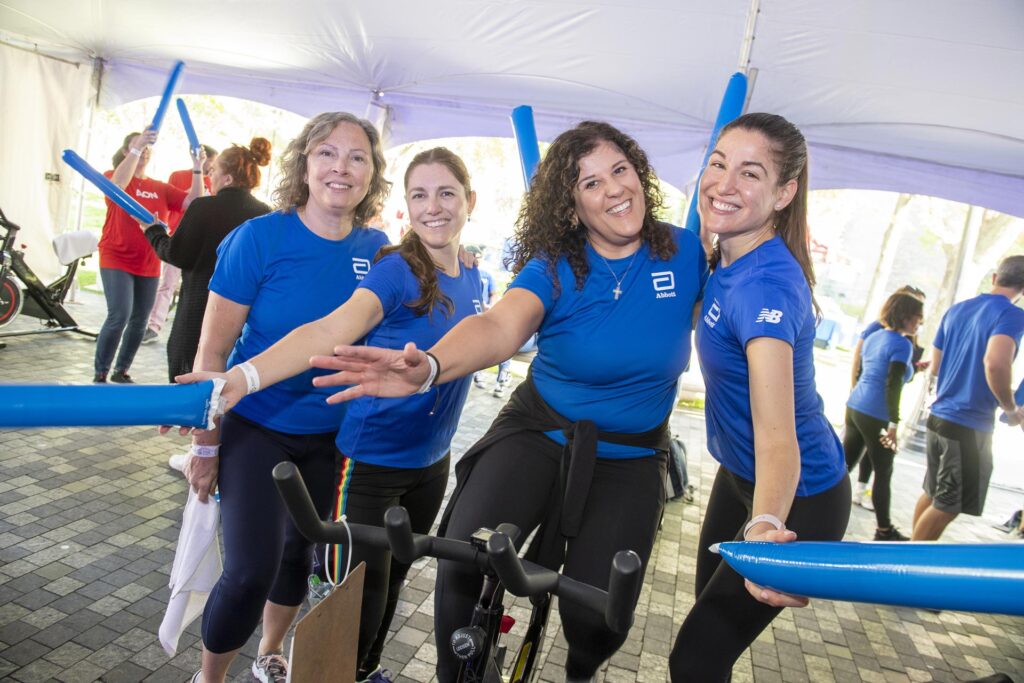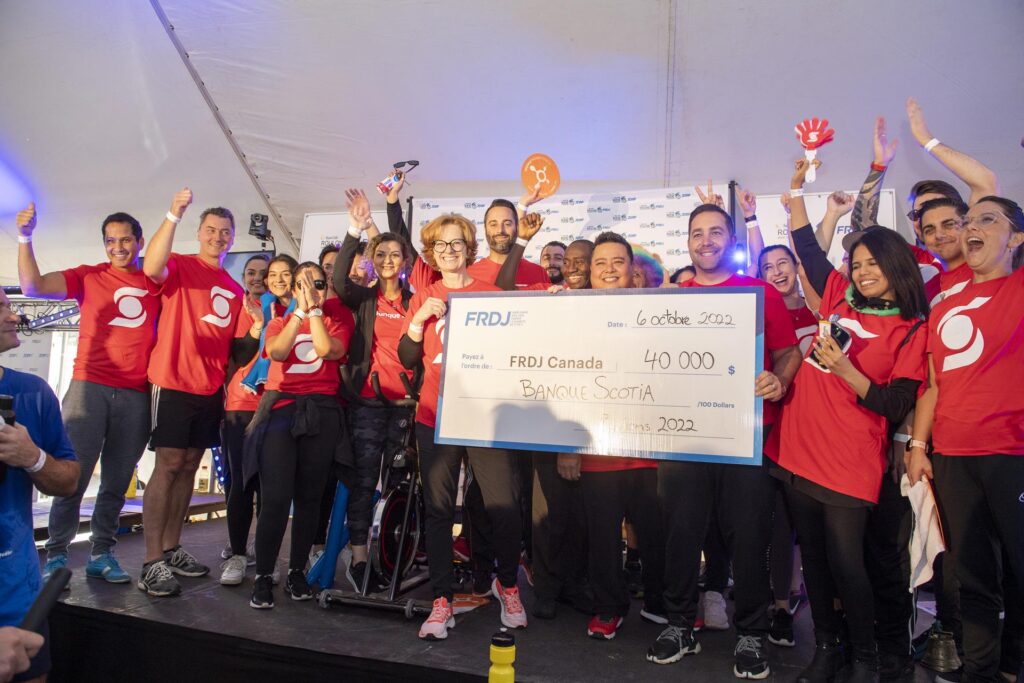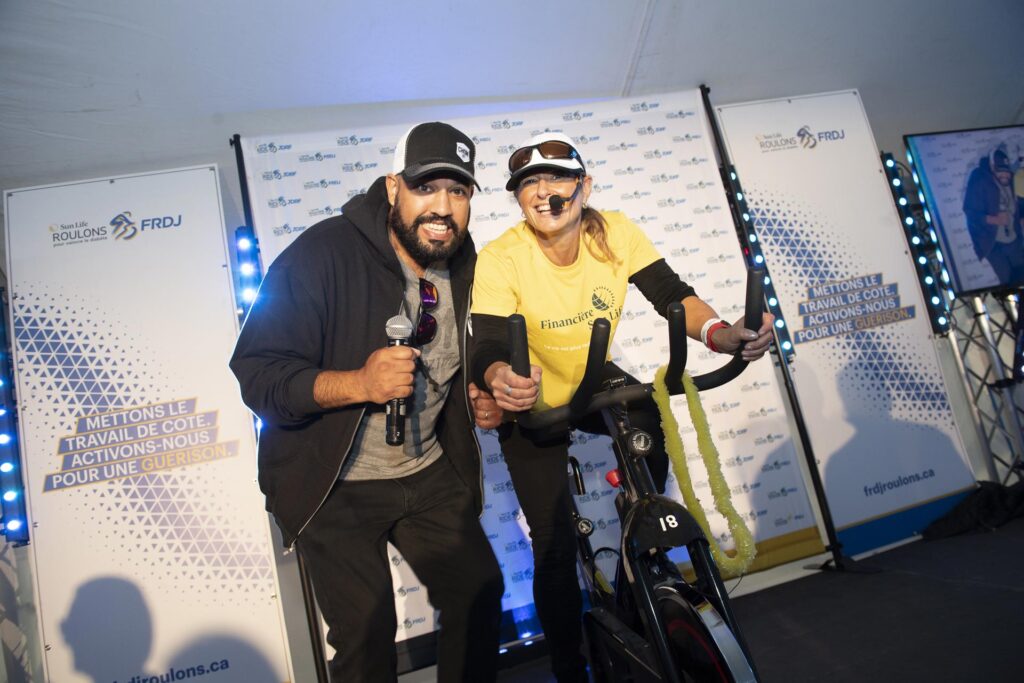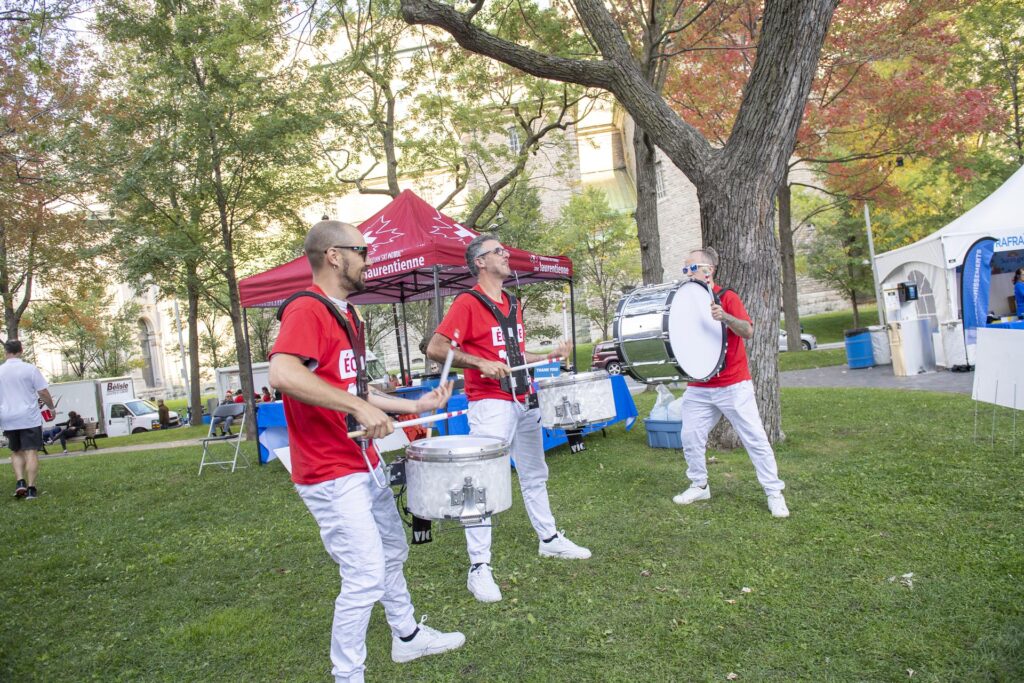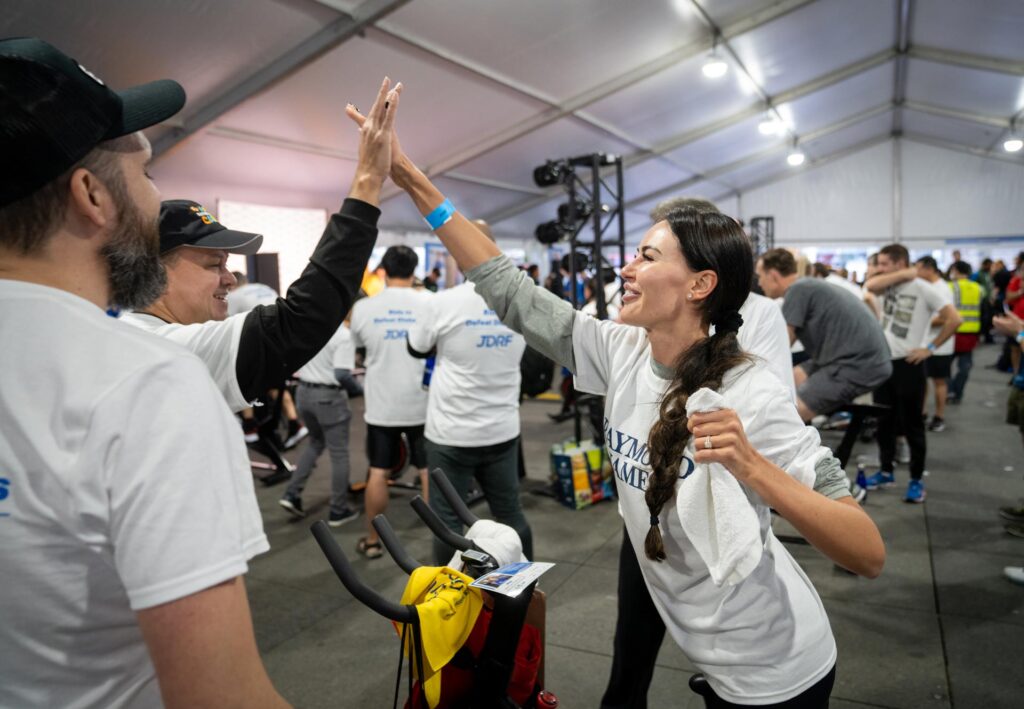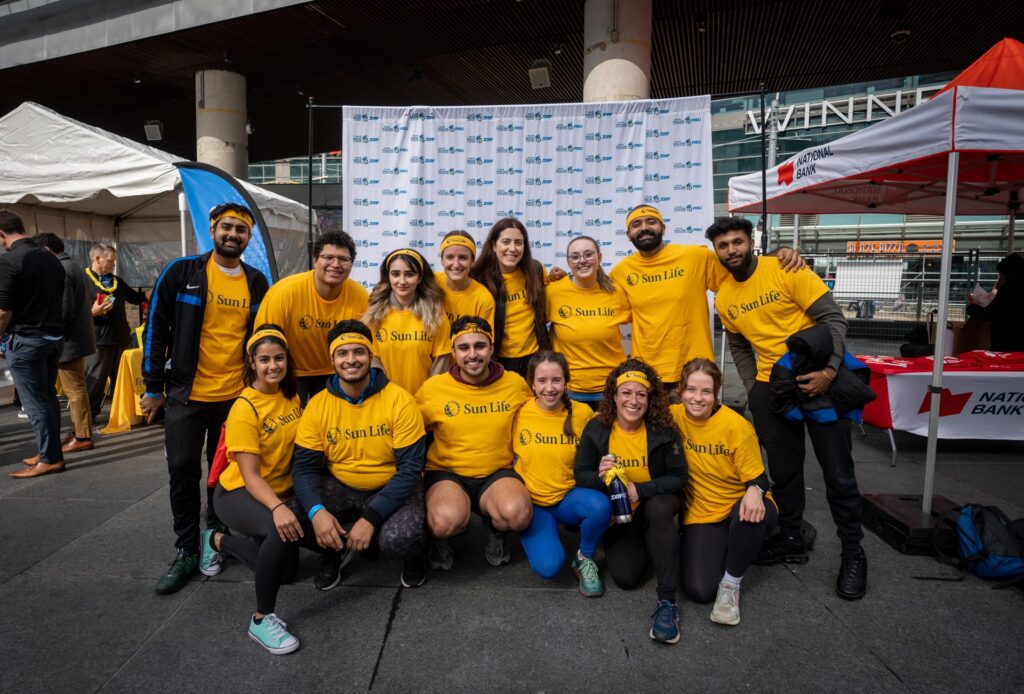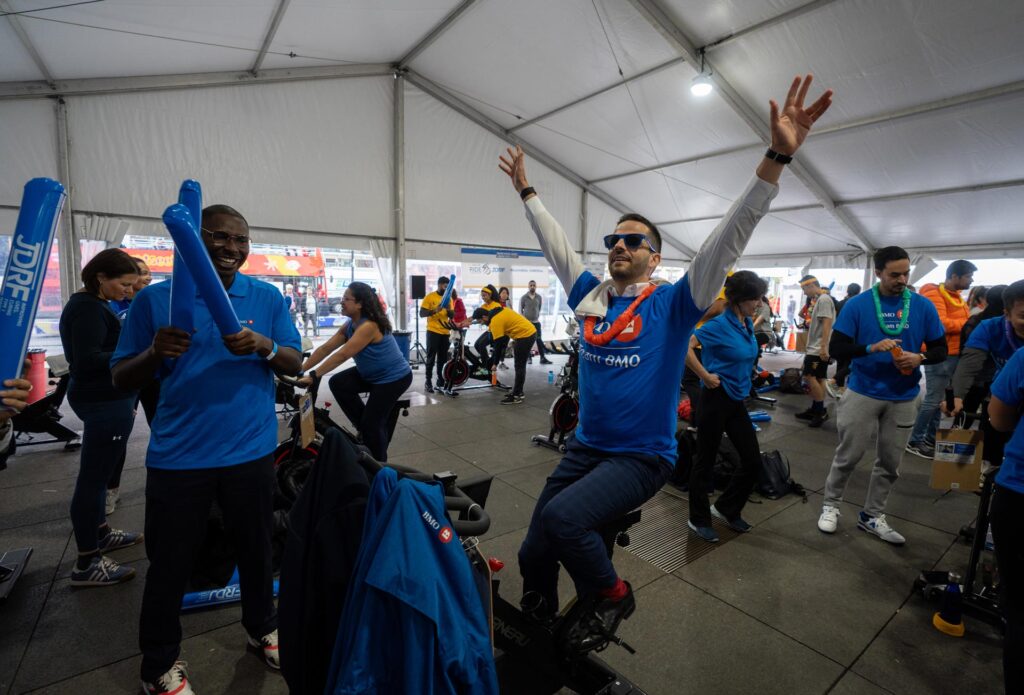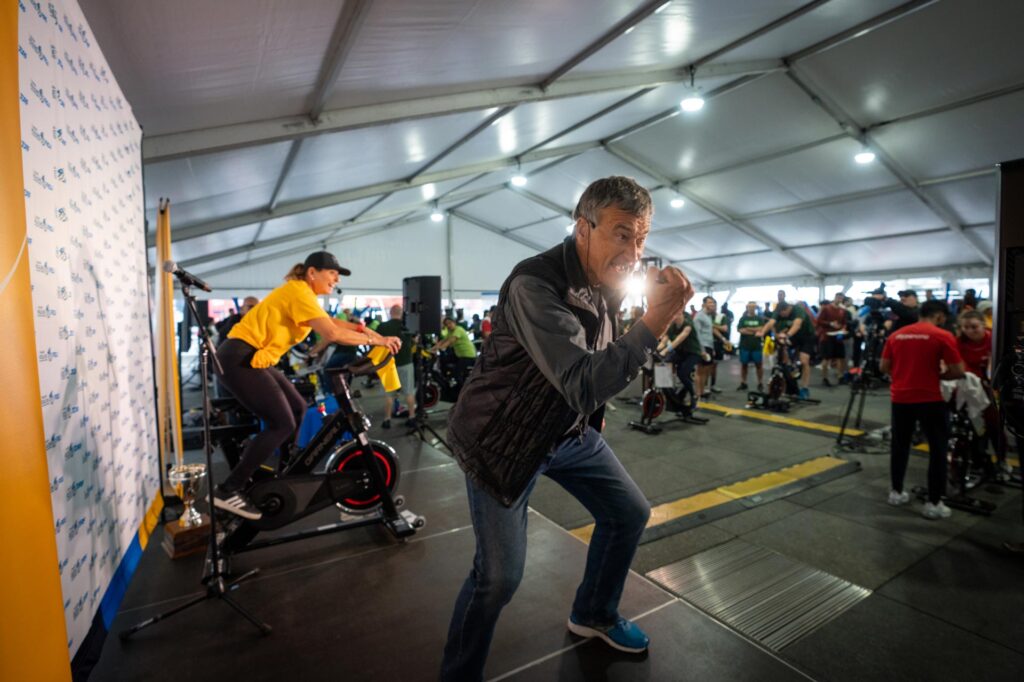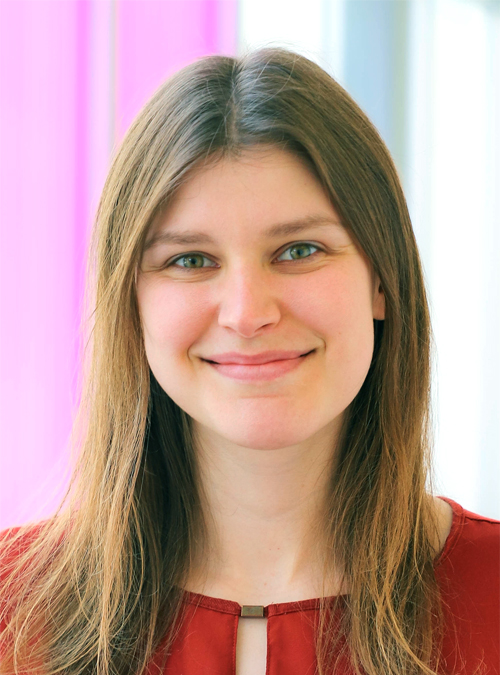Karoliina Tuomela is a postdoctoral researcher at the JDRF Centre of Excellence at the University of British Columbia, and the first recipient of a J. Andrew McKee Fellowship in Type 1 Diabetes (T1D), jointly funded by JDRF Canada and the Stem Cell Network (SCN) based at the JDRF Centre of Excellence at the University of British Columbia (UBC). JDRF had the pleasure of connecting with Dr. Tuomela to congratulate her on her new fellowship, and talk about what’s next.
Tell me a little bit more about your background.
“I’ve come from the UK to Canada, to Vancouver. I did my undergraduate degree at the University of Aberdeen where I studied biomedical science, and then moved to Manchester to get into cancer research. They have a really fantastic cancer research center there. I did my Masters there in oncology and then carried on to do my PhD in cancer research, and focused on how radiotherapy affects the way that immune cells interact with cancer cells. What I took away from my Masters and for my PhD, from the research work, was this desire to understand how immune cells interact with each other, how they interact with other cells, and how those interactions really tune and enable the function of the immune cell.”
What brought you to Vancouver?
“I wanted to branch away from cancer a little bit, and understand the immune system in different contexts. So, I came to Vancouver, BC, into Dr. Megan Levings’ lab, where she works on regulatory T cells (Tregs). I’ve never worked on T cells before, so I’ve been learning loads of things. It’s fantastic to get a new perspective on immunology and get some fresh ideas.”
What drew you to type 1 diabetes?
“It has such a profound impact over the lifetime of the patients, from very early years for some kids. And it’s fantastic to be working in an area where there’s so much potential to see my research actually make a clinical impact, and make an impact that could really change someone’s life from very early years onwards. I find it really appealing to work within the area of type 1 diabetes. It is really encouraging and motivating.”
What are you planning on investigating at the JDRF Center of Excellence at UBC?
“I’m working on Tregs. Our goal is to develop Tregs that we can use in adoptive cell therapy. So we can take these Tregs, which is an immunosuppressive T cell subset, and we can take them out of a person, we can expand them in our lab. And then the goal is to infuse these back into a patient and they suppress the immune response that’s involved in type 1 diabetes. So that’s the broader goal within the lab. And where my work comes in is studying the metabolism of these Tregs that we’re working on and engineering them to respond better in the pancreatic microenvironment.
Currently, to treat many autoimmune diseases, we rely on really strong immunomodulatory or immunosuppressive drugs, but they have a really huge effect on the well-being of a patient and the health of a patient. The ultimate goal is to move away from using strong immunosuppressive drugs and actually be able to target the response that’s involved in diabetes. And so that’s why we’re engineering Tregs to specifically target the immune response that’s killing beta cells in the body.”
How is the JDRF-SCN fellowship going to impact your research?
“The funding itself is really incredible. Unfortunately, research is expensive and we need donations and we need funding. It’s really fantastic that JDRF and SCN have decided to invest in me specifically, I think that’s very encouraging. But also, JDRF and the SCN are huge networks of researchers, of scientists across the country, across the continent and across the world. Whenever you start bringing scientists together, particularly from different areas of research – I’m an immunologist, but I’m working with stem cell biologists, with clinicians – and when you bring all those perspectives together in kind of the unique way that the JDRF does especially, I think that there’s so much opportunity for learning, for creating these networks that really support research. I think a lot of the most exciting research comes from collaborations between different fields.”
What’s something you wish more people knew about your field?
“I think it can be difficult from the outside to understand just how circuitous research is. How much the path weaves around. It’s not a straight road from, having a hypothesis and then doing some experiments and finding out the truth. Sometimes you hit dead ends, even though something seemed very promising, and sometimes you might find two things that disagree with each other, and you need to figure out why.
“And sometimes it’s easy to look at big headlines in newspapers, in articles, that kind of give us this sense of reality, [but] that finding can be oversold, or it can be exaggerated, and then it can be really discouraging when you see another headline that gives you conflicting information. And this isn’t scientists kind of pretending that their work is better than it is. It’s not scientists lying about their work. That’s just how science works, is that sometimes it leads to conflicting information, but in the end, the goal of everyone working in science is working towards the truth. But sometimes you take a few steps backwards.
“Sometimes scientists will publish information and then a couple years later, they might find that there was a flaw in that and they’ll publish something that might be different, and that’s totally normal in science. But it doesn’t take away, I think, from the reliability of science or how much we can trust in in scientists and in medicine. It’s just part of the process.”
What were some of the more surprising challenges of your research or your career?
“I think what surprised me moving from my undergrad into actual research was the amount of teamwork that goes on. You get told during your undergrad or back at school that “you just get your work done and you’ll be fine, focus on what you’re doing yourself”. But actually, you enter into research and it’s all teamwork. You need to be working together. You need to be sharing your data and your ideas and that’s where the best research comes from, is through teamwork. I think that’s not something that I was aware of before going into research, is how team based it is. But it’s been an absolute pleasure, developing a lot of those communication skills. A lot of those teamwork skills that are necessary in research, in doing good research.
“I think people have an idea of lone scientists, just in the lab, on your own, doing your work. And that’s absolutely not it– there are times when you’re in the lab at midnight on your own, but from a broader perspective, you can’t work on your own.”
On a similar note, how does the JDRF Center of Excellence and those opportunities for collaboration affect your work right now, especially because you’re coming to a type 1 diabetes lab with a background in oncology?
“There’s been a lot of learning in the past few months. I obviously hadn’t worked on diabetes before joining Dr. Levings’ lab, so I’m still learning about the biology of diabetes, how it’s treated, how it impacts patients. Autoimmunity is almost the opposite of the spectrum from cancer in many ways, so learning about the biology of that has been difficult, but there’s been so much help. There’s a huge network here and I know that I can turn to different people who have expertise in the areas where I specifically need it. Because in the end, we all share the same goal and we’re all working towards potentially combining what we’re working on at the end goal. I’m working on the immunology side, other people will be working on the stem cell side, and really, the end goal is to be combining those in the future.”
What are some of your favourite aspects of what you do as a researcher?
“My favourite thing is always, as simple as it might sound, looking under a microscope, looking at immune cells, and looking at how they move around, how they interact, because it shows how complex our bodies are. How interesting it is, if just taking a few cells out of our body and looking at it under a microscope is that interesting and complex, how complex is our body as a whole? And so, just chipping away at that complexity is really exciting, in my opinion.”
What interests you or excites you outside of your research?
“I love climbing mountains, I love hiking and climbing, and I get excited about getting outdoors. I love getting away from the business and really feeling the openness of the mountains of nature and that serenity.”
JDRF Canada thanks Dr. Tuomela for her time and congratulates her on the fellowship award. We wish her the best of luck with her post-doctoral work, and we will share research updates when they become available.
